CBD vs. THC: What’s the Difference?
When you’re shopping for strains online, you may see a few stats. The strain is a sativa, indica, or a hybrid. You might see a list of “terpenes” that give the strain its specific flavour or aroma. Most importantly, you may see the CBD and THC (or THCA) content of each strain.
CBD and THC are two entirely different chemical compounds. They are the difference between what makes a cannabis product “medical” vs. something that is typically consumed for recreational purposes. No matter what your intentions are when it comes to cannabis, it’s important to know the difference between these two compounds and how they affect the body.
The Quick Difference Between CBD and THC
If you would like a one-word summary of this blog post, here it is. The difference between CBD and THC is that THC has psychoactive effects and gets you high, unlike CBD.
What Makes THC and CBD Similar?
It’s easy to confuse THC and CBD. Many consumers stray away from now-popular CBD products for fear that they are consuming something that will trip them out or glue them to the couch. But while CBD and THC produce different effects, they have a similar structure. They are both cannabinoids.
What’s a Cannabinoid?
Cannabinoids are a group of chemical compounds that can be found (or resemble compounds that can be found) in the cannabis plant. CBD and THC are the main cannabinoids that scientists study and talk about when it comes to cannabis and marijuana plants. But there are other cannabinoids that can be found in cannabis, as well as other plants and even in the human body.

Examples of cannabinoids other than CBD and THC include:
- Cannabinol (CBN)
- Tetrahydrocannabinolic Acid (THCA)
- Lipophilic Alkamides
- Yangonin
- Perrottetinene
- Anandamide
We could offer an exhausting list of cannabinoids and the plants and animals where you can find them. In this post, we are going to just focus on the main two cannabinoids: THC and CBD.
But before we talk about these two cannabinoids, let’s talk about the endocannabinoid system.
The Endocannabinoid System
The endocannabinoid system doesn’t actually have much to do with marijuana. Even if you never smoke a day in your life, your body will still produce and process cannabinoids throughout your body. Anandamide, a cannabinoid we mentioned earlier, is actually a naturally-occuring cannabinoid in vertebrates. Cannabinoids that are naturally produced in the body are called endogenous cannabinoids.
Anandamide, and endogenous cannabinoids like it, can be found throughout the endocannabinoid system producing a lot of different effects. We wouldn’t even know about the endocannabinoid system if it weren’t for research on cannabis in the 1980s. (It’s true!) Thank you, marijuana!
What Is the Endocannabinoid System?
You’ve heard of the reproductive system, the central nervous system, and the digestive system. Let us introduce you to the endocannabinoid system. This system protects conditions within the body. When these conditions are just right, the body can complete the necessary functions to keep you at top performance.
The endocannabinoid system regulates the immune system. It affects brain functioning. If you want to keep things simple, the endocannabinoid system keeps your entire body in balance. Tweaking the endocannabinoid system can help to treat pain, autoimmune diseases, and other chronic conditions. But it can also cause problems with memory, anxiety, and paranoia.
When you ingest cannabis, you give the endocannabinoid system new chemical compounds to play with. But the endocannabinoid system doesn’t work with CBD and THC in the same ways. These key differences make CBD a “wellness” ingredient and THC the chemical compound that “gets you stoned.”

How CBD and THC Play Into the Endocannabinoid System
Here’s where things get pretty scientific.
The endocannabinoid system is made up of two different cannabinoid receptors: CB1 and CB2. You can find these receptors throughout the entire body, including the nervous system, various organs, and blood vessels. They’re everywhere.
When a cannabinoid binds to a receptor, it produces different effects throughout the body. When anandamide binds to CB1 receptors in the nervous system, it can improve memory and produce a “runner’s high.” It’s name comes from the Sanskrit term anada, which means bliss. Other studies suggest that when it binds to CB2 receptors in the immune system, anandamide can inhibit the growth of cancer cells.
We can’t smoke anandamide (yet,) and research on endogenous cannabinoids is still relatively new. But scientists have discovered key information about CBD and THC that show why one gets you high and the other does not.
The Different Effects of CBD and THC
Both CBD and THC work with anandamide to alter mood, but they do so in different ways.
THC works very similarly to anandamide. It binds to CB1 receptors and creates a similar “blissful” effect that you may experience during a “runner’s high.” All of those giggles fits you get when you smoke a big blunt? You can thank THC – and your endocannabinoid system – for them.
CBD works in an entirely different way. It’s not as picky about what cannabinoid receptors that it works with. (The cannabinoid provides positive effects on the entire body.) Rather than stimulating the creation of molecules in the brain, it inhibits others. When CBD reaches the endocannabinoid system, it stops the release of Fatty Acid Amide Hydrolase (FAAH.) FAAH and anandamide know each other very well. Fatty Acid Amid Hydrolase breaks down anandamide. Without FAAH, the effects of anandamide last longer in the body. This is one of the reasons that people consume CBD to reduce anxiety and paranoia.
While many people say that CBD is “non-psychoactive,” what they really mean is that it’s not intoxicating. And CBD doesn’t just affect your mood. It plays a big role in inflammation. The endocannabinoid system uses inflammation to repair cells after they had been injured. Overinflammation, however, can have negative effects. CBD is known to reduce inflammation to a level that is still healthy for the body. This is why it has such a big role in pain relief and is entering the world of skincare.

In addition to the excess bliss, THC’s work with the endocannabinoid system also provides the following effects:
- Reduced nausea
- Increased appetite
- Reduced pain
When you mix CBD and THC together, you may experience different effects. Some studies show that increased levels of CBD in marijuana reduce some of THC’s not-so-friendly effects (including paranoia or anxiety.) Other cannabinoids, as well as terpenes, also alter the effects that CBD and THC have on the brain. This is why each strain is so different from the next; it’s unique profile of terpenes creates a powerful “concoction” that affects the main chemical compounds of cannabis. Scientists have a lot of work ahead of them in this field. After all, they just discovered the endocannabinoid system in the 1980s!
How Do I Know Whether My Products Have CBD or THC?
The answer depends on what type of product you are buying and where you are buying it. To keep consumers informed, dispensaries should label the amount of cannabinoids on their products. Check the back of your package when you get edibles, flower, or concentrates in the mail. Budtenders at physical dispensaries should also be able to direct you to information on cannabinoid content.
If you are buying a product that was prescribed by a physician, you should be able to ask about the cannabinoid content before you even purchase the product. Medicinal products are likely to be high in CBD and have little to no THC.
Buying Hemp
Many people find themselves confused about the difference between hemp and marijuana. Both of these products are forms of cannabis. Hemp plants, however, get their name because they have less than .03% THC, which is an undetectable amount. If you smoke hemp, you won’t get high. But if you extract CBD from hemp, you can produce the ever-popular hemp oil.
Marijuana strains contain more than .03% THC.
Buying Flower
When you buy flower through a dispensary that sells recreational marijuana, you should expect to see a much higher THC count than CBD. CBD levels may only reach 1 or 2% – THC, on the other hand, may reach double digits or even above 20%. Ultra-potent strains have a THC content over 23%, so be careful before you try these strains.

Buying Edibles
Edibles are 50/50. You can find a lot of products that contain high levels of THC, but it’s not uncommon to find edibles that only contain CBD. As CBD is taking over the health and wellness market, manufacturers are putting out CBD gummies, CBD beverages, and CBD baked goods.
Buying Concentrates
For many cannabis lovers, a 24% THC content is too low. Manufacturers have begun extracting THC from cannabis flower to create concentrates. These concentrates – live resin, distillates, budder, etc. – may contain up to 90% THC. They put a whole new meaning to the phrase “a little dab will do ya.” (Concentrates are typically consumed via a dab rig.)
If you are shopping for concentrates, you’ll most likely come across more THC products than CBD products. CBD distillates do exist, but THC concentrates are more in-demand.
What Is THCA?
You might notice that your flower has a disappointingly low THC content, but a high amount of THCA. What does that mean? Will you still get high?
Absolutely. THCA is another cannabinoid that is found in raw cannabis. When it’s exposed to high temperatures, THCA breaks down into THC. Eating raw cannabis won’t do anything for you in terms of psychoactive effects. If you want to consume cannabis, you will have to decarboxylate it. (This is the process of breaking down the THCA – it’s important if you want to make your own edibles.)
Where to Buy CBD and THC Products
The difference between products with strictly CBD and strictly THC is pretty obvious. It’s not always “obvious” when high-CBD products hit. After a few minutes, you will probably just feel lighter and have more energy than normal. Your pain may go away and going for a walk or going about daily activities seems less stressful.
When you reach for a high-THC product, you’ll know sooner rather than later that you’re “high.” It takes just a few minutes for the effects of a dab or a joint to hit you. Edibles work at a slower pace, but often hit people with more impact.
Make sure you know what you are buying before you try it out.

Where to Buy CBD Products in Canada
If you want products that are high in CBD, you have some options. You can go to a physician and ask for a medical marijuana prescription. With a card or a prescription, you can hit up a local medical dispensary and look for products that will soothe your symptoms without getting you high. Different types of CBD products offer different effects, so talk to a budtender before you buy.
CBD products are also available online and in “regular” stores. Topicals, edibles, and other CBD products are becoming the hottest thing to put on a retailer’s shelf. At Speed Greens, we offer a wide variety of CBD vapes and candies. You can also grab CBD concentrates if you really want to get into CBD.
Where to Buy THC Products in Canada
You will have to search harder for products with THC. “Regular” retailers are not able to sell you a gram of Ghost Train Haze or some shatter. Canada only allows licensed dispensaries to sell THC products. These are easier to access if you live close to major cities, but few and far between otherwise.
THC products are available through online dispensaries. Canadians can easily order flower, concentrates, and edibles to be delivered straight to their door. Our THC products range in intensity and effect.
Browse our store today to find the best cannabis products for your needs and enjoyment. Our online help desk allows you to ask an agent about the THC, CBD, or other content in all the products you would like to buy.
Stay safe and enjoy your experimentation with cannabis!
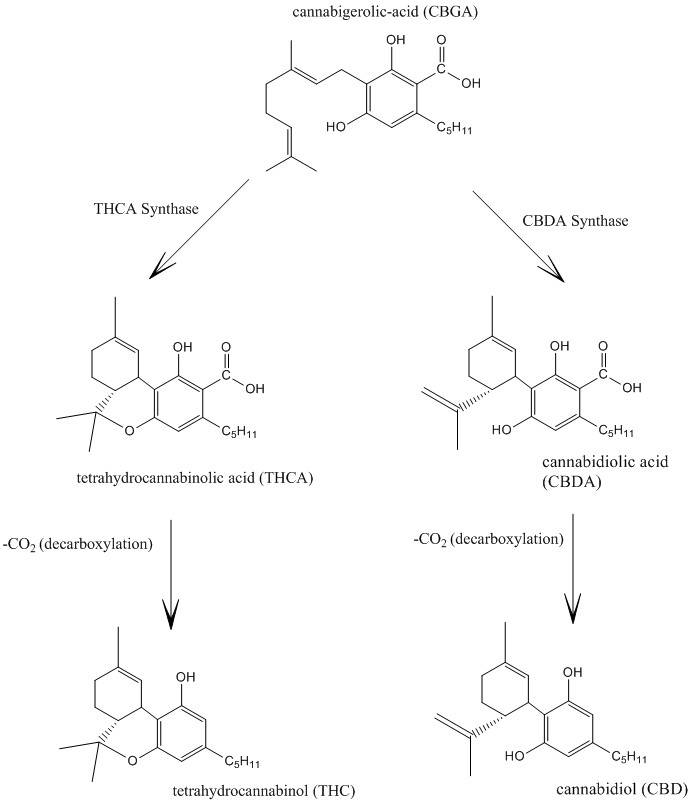

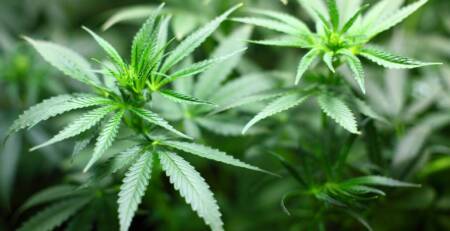
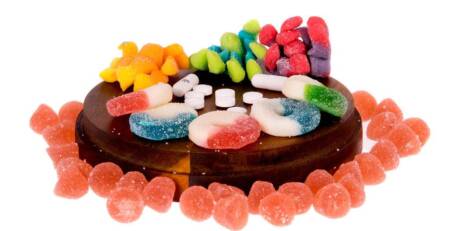
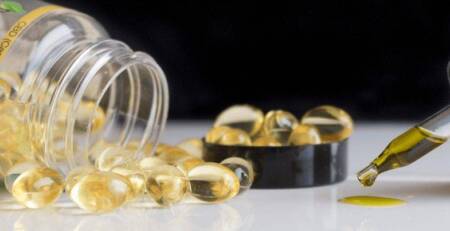
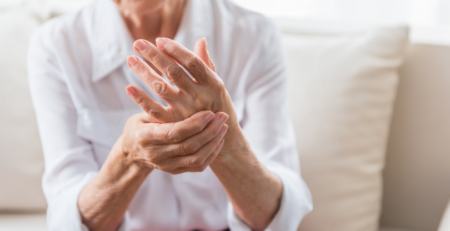
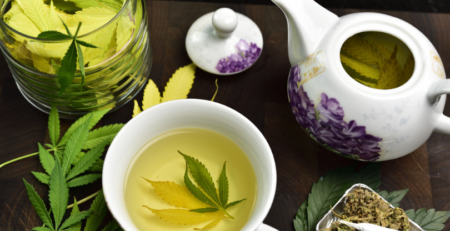
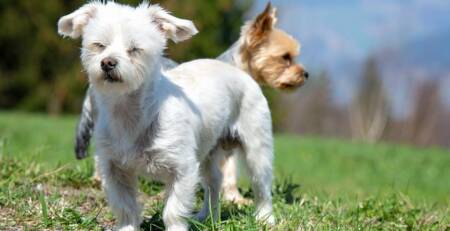
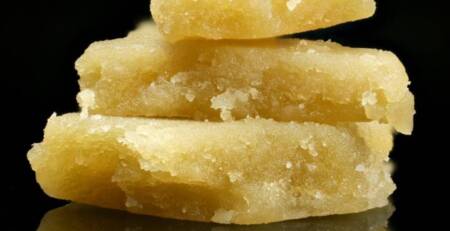
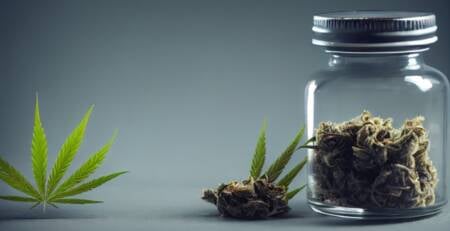
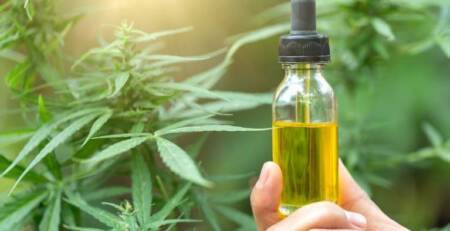
Comments (3)
I not too stoked on pure cbd products but I love the 1 to 1 ratio products.
I have used HIGH CBD oil daily for a few years to combat anxiety/depression etc. I find CBD works amazing for anxiety, but THC works better for depression personally. You have to be careful as some people can have severe negative effects on their anxiety from THC. Always START LOW AND GO SLOW until you find your optimal dosage,
Ive Been Interested In Trying CBD For Some Time Now , Im Rather Interested On The higher Energy Effects During Daily Activities
Comments are closed.